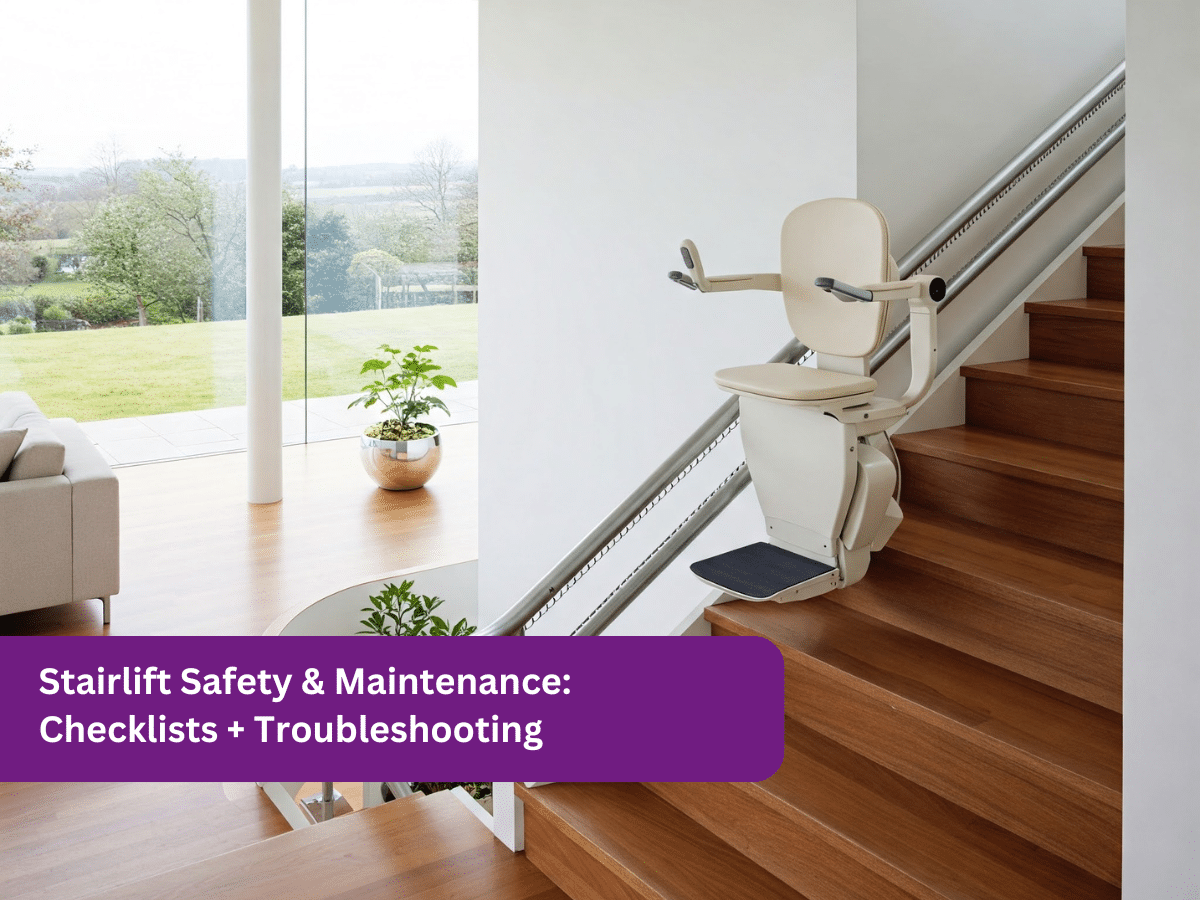Now that October is here, you may have noticed that the days are already growing shorter. Fall is in full swing and the temperatures are dropping. While many Canadians love this time of year, it can bring unexpected challenges for older adults and individuals with disabilities. Among them is getting a good night’s rest.
Sleep plays a vital role in maintaining overall health. However, changes in weather, daylight and lifestyle can make it harder for seniors and those with disabilities to achieve quality sleep during this time of year.
Shorter days and less sunlight.
Fall brings earlier sunsets. They can disrupt the body’s natural circadian rhythm. That’s what we call the internal clock. It regulates sleep and wake cycles. Seniors and individuals with disabilities may be especially sensitive to these changes. Reduced sunlight exposure can lead to difficulty falling asleep earlier in the evening and increased daytime fatigue due to disrupted sleep patterns.
Less sunshine can also cause Seasonal Affective Disorder (SAD). This is a form of depression linked to limited sunlight, which can further interfere with rest. “About 2 to 3% of Canadians will experience SAD in their lifetime,” reports the Canadian Mental Health Association, “Another 15% will experience a milder form of SAD that leaves them only slightly depressed, but still able to live their life without major disruptions. People with seasonal affective disorder make up about 10% of all depression cases.”
Cooler temperatures at night.
While cooler temperatures can sometimes encourage deeper sleep, the sudden fluctuations that come with fall can cause discomfort. Older adults often have more difficulty regulating body temperature due to changes in metabolism and circulation. For those with disabilities or limited mobility, adjusting bedding or room temperature at night can be challenging, leading to restless sleep.
“A cool bedroom can make it difficult to fall asleep and stay asleep throughout the night,” warns Comfort Keepers, “It can cause discomfort, shivering, and discomfort to your body, making it hard for you to relax and fall asleep. To ensure a comfortable sleeping environment, it’s recommended to keep your bedroom at a temperature between (15.5 and 19.5 degrees Celcius). This temperature range is considered ideal for most people as it allows for optimal comfort and promotes restful sleep.”
Allergens and respiratory issues.
Fall is known for higher levels of seasonal allergens such as ragweed and mould. For older adults or those with respiratory conditions, these allergens can worsen symptoms like congestion, coughing or wheezing. They can all make restful sleep more difficult. Individuals who rely on medical equipment such as oxygen concentrators or CPAP machines may also find these issues particularly disruptive.
“Ragweed pollen peaks from late August through October in Ontario,” alerts Care& Family Health, “Decaying leaves foster mould spores. Indoor allergens like dust mites increase as we shut windows and turn on heating. Together, these exposures ‘stack,’ making fall particularly bothersome.”
Maximize your sleeping comfort with a home hospital bed.
Home hospital beds allow individuals to increase sleeping comfort by adjusting bed positioning with proper therapeutic mattress surfaces. Home hospital beds are perfect for individuals who have hard times getting in and out of bed, have sleeping issues or insomnia or are bedridden. To learn more, please don’t hesitate to call us at 416-267-9800 or email us at info@lifecaremobility.ca. You may also contact us by filling out the form on our Contact page!









